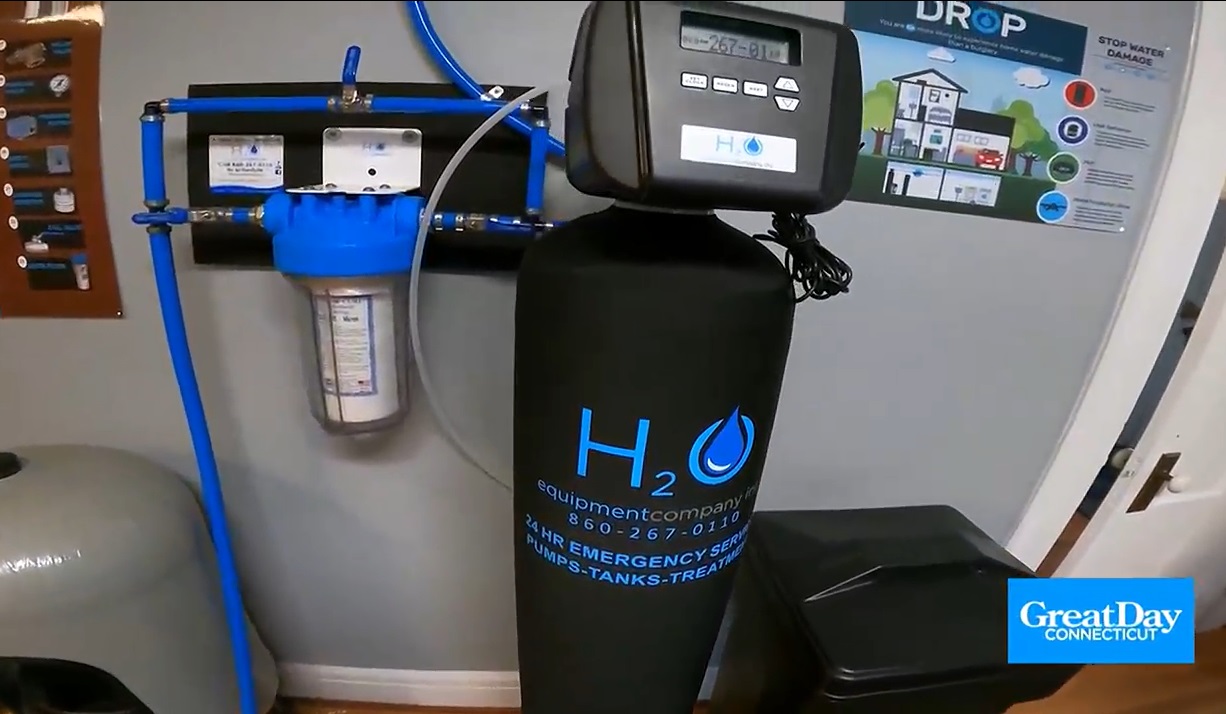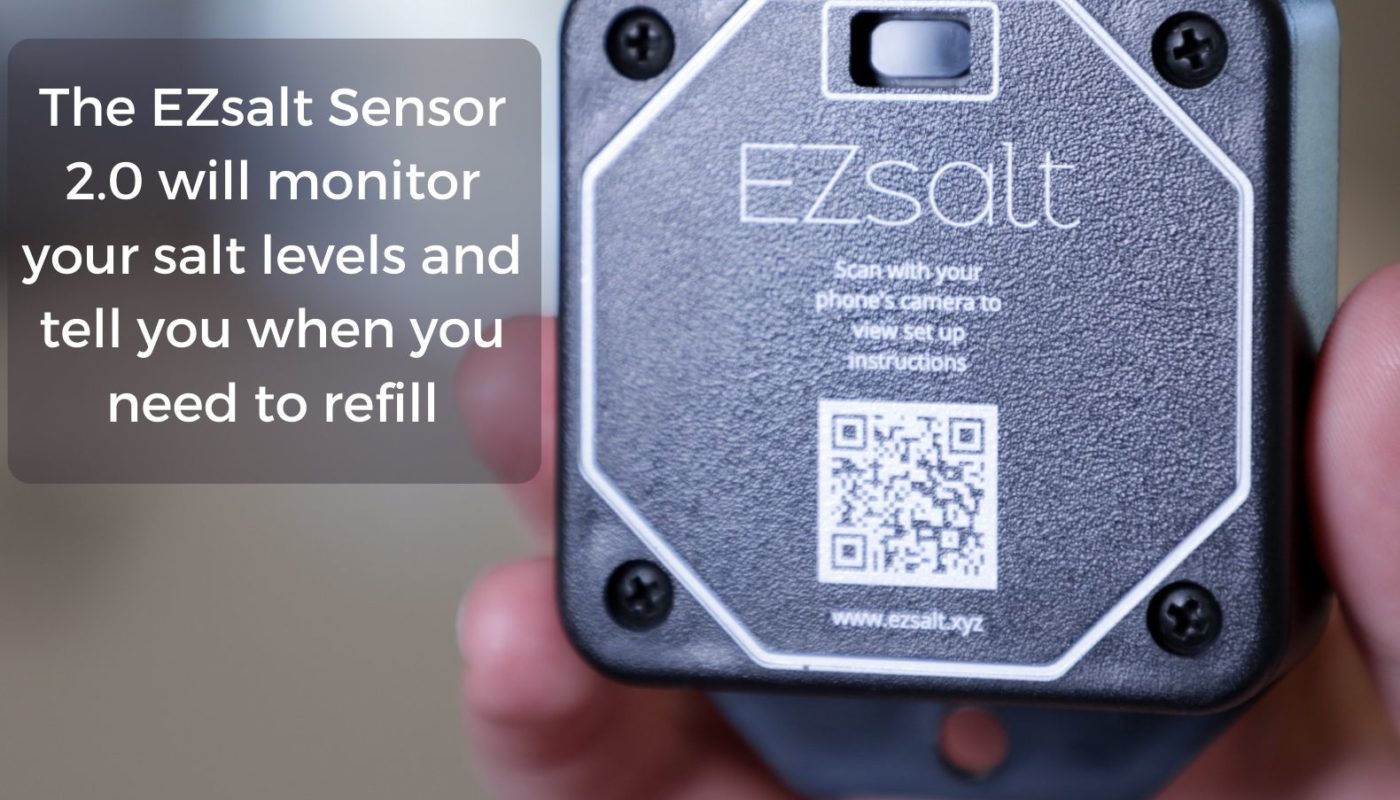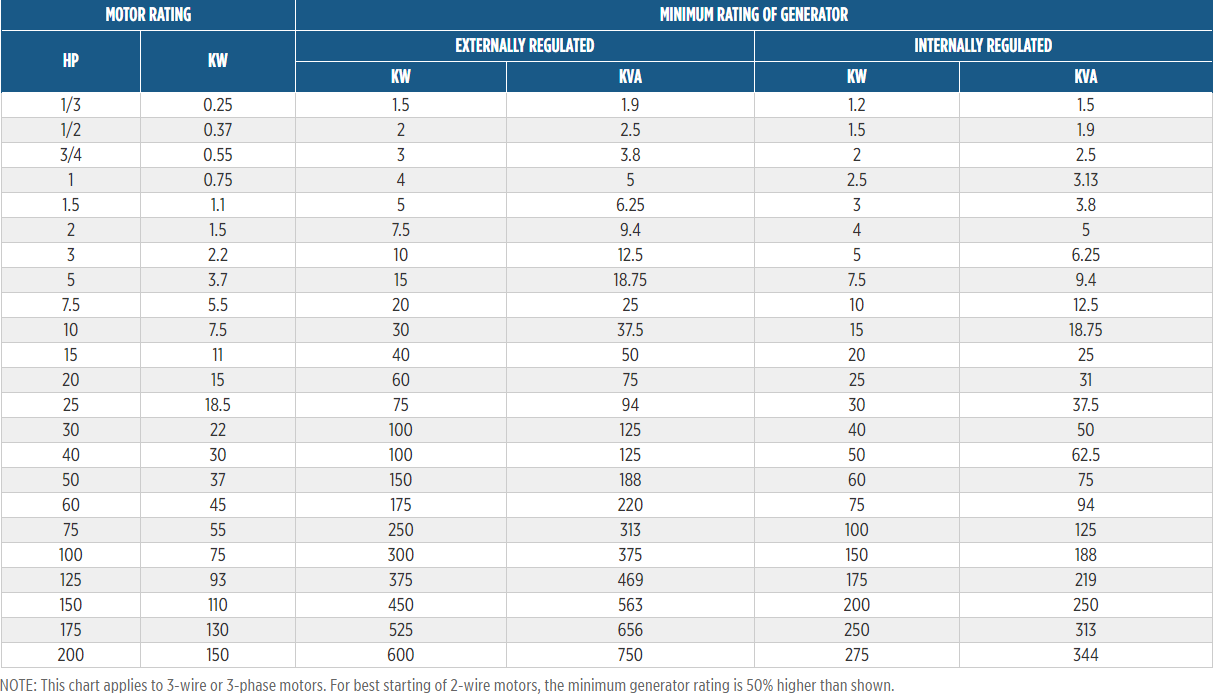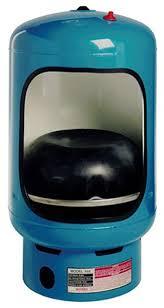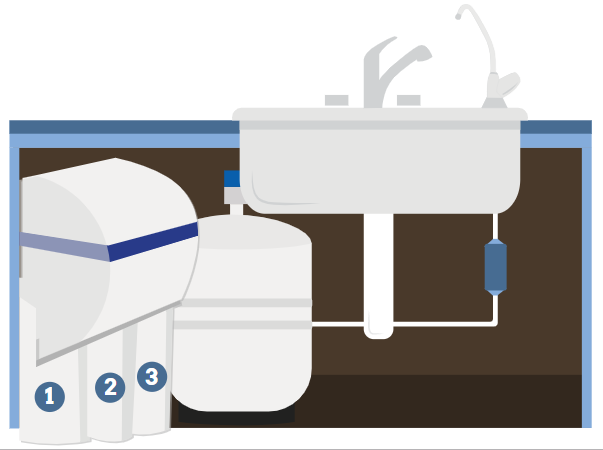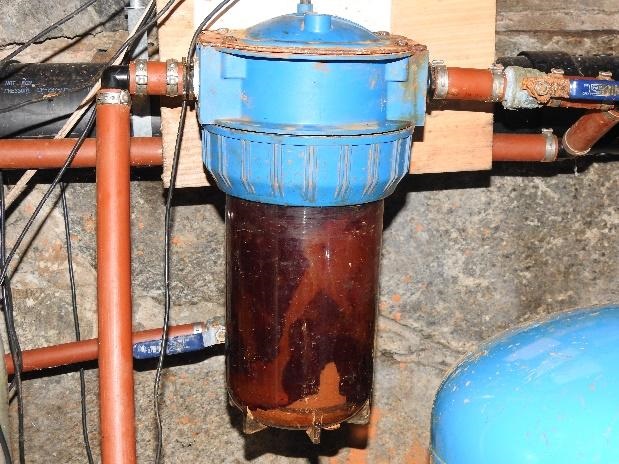Great Day Connecticut Spotlights H2O Equipment Company Great Day Connecticut, a popular and locally produced show on WFSB Channel 3, recently featured our business and how we specialize in comprehensive water treatment solutions. During their visit, the show explored our company’s services, state-of-the-art water testing options, and the variety of well services we offer to Read the full article…
How To Remove PFAS From Residential Drinking Water
The EPA recently released information about a growing health concern in our drinking water called PFAS. PFAS stands for “Per and Polyflouroalkyl Substances. Learn more about these man-made chemicals, how you can become exposed, health risks, and how to remove PFAS from your well water. What are PFAS? PFOA – Perfluorooctanoic Acid PFOS – Perfluorooctane Read the full article…
Get Low Salt Level Alerts For Your Water Softener With EZsalt
You realize one morning your water doesn’t feel as soft as it should, or that there is some orange staining forming on your shower walls and remember that it has been some time since you checked the salt level for your water softener. You trek down to the basement to discover the brine tank is Read the full article…
The Different Contaminants in Your Water
As a homeowner, it is critical to ensure your water is of the best quality. Having contaminated drinking water can put you and your family at risk, so it is essential to know the steps you need to take to test your water for contaminants – and when to begin treating your water based on Read the full article…
Can a Portable Generator Run a Submersible Well Pump?
Unfortunately, longer term power outages seem to be happening more frequently each year, and if you have a submersible well pump, no power means no water! You may have a portable generator that looks like it should be able to run your pump without issue. You hook the generator to your transfer switch and fire Read the full article…
What Causes Odor in Your Well Water
You may be experiencing an odor from your well water when you pour yourself a glass of water, brush your teeth, wash your face, or just simply run the water. Different smells mean different things. Some may be simple seasonal changes in your water, and will eventually disappear on their own. Others can signify ongoing Read the full article…
Power Outage During A Water System Cycle
Storm season is upon us, and we want you to be prepared! Power outages are unfortunately becoming more and more common, as is the use of portable generators. Here are a few tips and tricks to ensure you water treatment equipment and/or pump is working properly when the lights come back on! Losing Power During Read the full article…
How Long Does A Well Pressure Tank Last?
A quality well pressure tank will last 10-15 years – or even longer. Cheap tanks will last maybe 5 years or less. The difference is in the quality of the bladder inside the tank and the external service connector. The bladder holds the water inside the tank. During water usage the bladder fills up and Read the full article…
Reverse Osmosis System For Drinking Water
Is Reverse Osmosis water unhealthy? The answer is no. Reverse Osmosis is a powerful process that removes hundreds of contaminants – some you will never even know about, at a fraction of the cost of bottled water. Reverse Osmosis will treat your tap water at the kitchen sink by forcing water through a series of Read the full article…
How Often Should I Change My Sediment Filter?
Every 3 months is a good place to start. But every well is different, and water quality can change depending on the time of year, weather, and water usage. Change your filter when you notice a decrease in water pressure, or (if applicable) your sulfur odor returns. Do not be concerned if your filter looks Read the full article…

